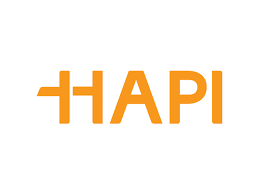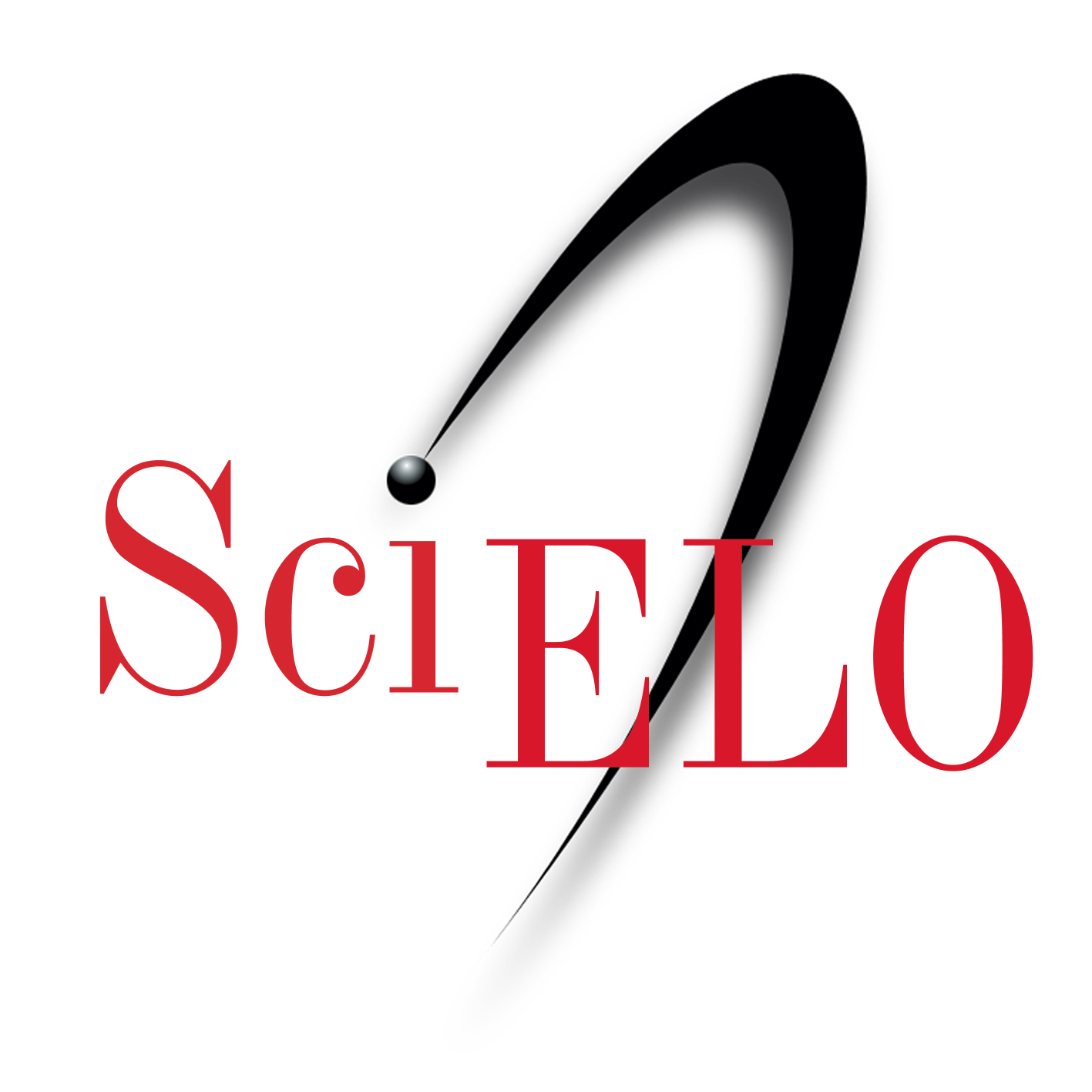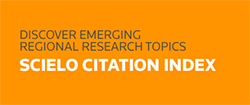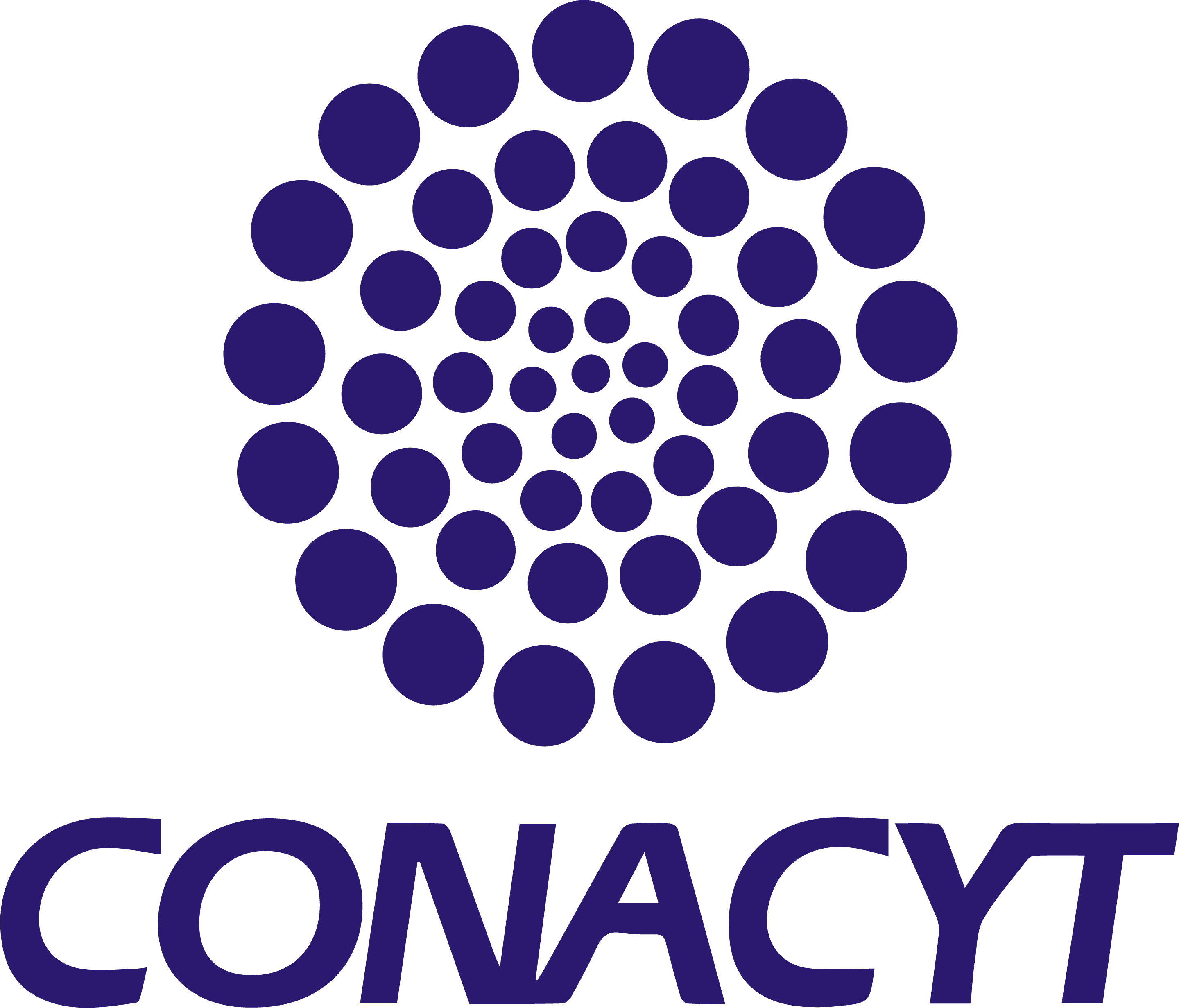Principios de ética y declaración sobre negligencia
El código de ética de Latinoamérica se basa en las recomendaciones del Committee on Publication Ethics (cope):
Responsabilidades de los autores:
- Garantizarán que sus artículos son producto de trabajos de investigaciones originales, cuyos contenidos fueron obtenidos de manera ética.
- El autor o los autores son responsables de la veracidad de los datos y fuentes utilizadas en su investigación. Si han utilizado el trabajo y/o palabras de otros, éstas tienen que ser debidamente citadas. El plagio en todas sus formas constituye una conducta editorial no ética y es inaceptable.
- Además, garantizarán que sus artículos no han sido previamente publicados o que no estén siendo considerados en otra publicación.
- Se considerará un artículo como previamente publicado cuando ocurran cualesquiera de las siguientes situaciones:
- Cuando el texto completo haya sido publicado.
- Cuando fragmentos extensos de materiales previamente publicados formen parte del texto enviado a la revista.
- Cuando el trabajo sometido a la revista esté contenido en memorias publicadas inextenso.
- Estos criterios se refieren a publicaciones previas en forma impresa o electrónica, y en cualquier idioma.
- El autor se compromete a respetar la autoría de la información utilizada y no incurrir en plagio. Por plagio entendemos: la acción y efecto de plagiar; copiar en lo substancial obras ajenas, dándolas por propias.
- Citarán las publicaciones que han sido influyentes en la naturaleza del trabajo presentado. La información obtenida de forma privada, como en conversaciones, correspondencias o discusiones con terceros, no debe ser usada sin explícito permiso escrito por la fuente.
- La autoría debe limitarse a aquellos que han hecho una contribución significativa a la concepción, diseño, ejecución o interpretación del estudio. El o los autores principales se asegurarán de que todos los coautores sean incluidos en el artículo, y que todos hayan visto y aprobado la versión final del documento y acordado su presentación para la publicación.
- Revelarán en su artículo cualquier conflicto de fondo, financiero o de otro interés, que pudiera influir en los resultados o interpretación de su trabajo.
- Todas las fuentes de apoyo financiero para el proyecto serán reveladas.
- Los autores son responsables de contar con los permisos necesarios para la publicación de testimonios orales o gráficos.
- Es responsabilidad del autor obtener la autorización por escrito de todo aquel material que esté protegido por la Ley de Derechos de Autor y que forme parte del artículo.
- Cuando un autor descubra un error o inexactitud significativa en su texto publicado, lo notificará de inmediato al editor responsable de la revista o a los Editores Responsables y cooperará con él para retractarse o corregirlo.
- El autor o los autores están obligados a retirar su artículo en caso de detectarse plagio o falsedad en la información proporcionada, tanto personal como de contenido del artículo.
Responsabilidades y atribuciones de los Editores Académicos:
- Definen y hacen públicas las normas editoriales para la publicación de artículos en la revista.
- Seleccionan los textos que correspondan con la línea editorial de la revista y cumplan con los requisitos académicos indispensables de un artículo científico relacionado con los estudios latinoamericanos.
- Definen los criterios de evaluación y los dan a conocer a los dictaminadores. Igualmente, aseguran el cumplimiento de los procesos de dictaminación, cuidando que los artículos seleccionados sean dictaminados por dos o más especialistas en la materia y que se mantenga el anonimato tanto de autores como de dictaminadores.
- Tomarán la decisión final acerca de los artículos que se publicarán. La aceptación o el rechazo de un trabajo para su publicación estará basada únicamente en la importancia del artículo, la originalidad, la claridad y la pertinencia que el trabajo represente para la revista.
Responsabilidades y atribuciones del Consejo Asesor Internacional:
- Recibir la información derivada de las reuniones ordinarias y extraordinarias del Comité Académico y con base en ella:
- Emitir recomendaciones sobre los criterios de evaluación.
- Emitir recomendaciones sobre la designación de dictaminadores.
- Estará siempre dispuesto a intervenir en cualquier controversia que se presente durante el proceso de dictaminación.
Responsabilidades y atribuciones del Editor o Director de la revista:
- Mantendrá informado al Consejo Asesor Internacional de los acuerdos alcanzados en las reuniones de los Editores Académicos.
- Se responsabilizará por todo lo publicado en la revista. Se esforzará por satisfacer las necesidades de los lectores y autores, por mejorar constantemente la revista, por asegurar la calidad del material que se publica, por impulsar los estándares académicos y científicos. Por otra parte, estará dispuesto a publicar correcciones, aclaraciones, retractaciones y ofrecer disculpas cuando sea necesario.
- Se comprometerá a garantizar la confidencialidad del proceso de evaluación, se abstendrá de revelar a los dictaminadores la identidad de los autores y tampoco podrá revelar en ningún momento la identidad de los dictaminadores a los autores.
- Se responsabilizará sobre la decisión de qué artículos pueden ser aceptados en la revista con base en la determinación de los Editores Académicos.
- Informará debidamente al autor sobre la fase del proceso editorial en que se encuentra el artículo, así como de las resoluciones del dictamen.
- Evaluará los artículos y su contenido académico sin distinción de raza, género, orientación sexual, creencias religiosas, origen étnico, nacionalidad, o la filosofía política de los autores.
- Se asegurará de que no se divulgue información sobre los artículos recibidos para su posible publicación en la revista a persona alguna que no sea miembro del Comité Académico y el Consejo Asesor Internacional.
- La información contenida en los artículos recibidos para su posible publicación, no será utilizada en investigaciones personales del editor o de cualquier integrante del equipo editorial, sin el consentimiento expreso y por escrito del autor. La información privilegiada o las ideas obtenidas a través de la revisión por pares serán confidenciales y no se utilizarán para obtener ventajas personales.
- Tomará decisiones justas e imparciales y garantizará un proceso de dictaminación por pares apropiada.
- Estará en constante comunicación con los dictaminadores durante el proceso de evaluación y aprobación de los artículos.
Responsabilidades de los dictaminadores:
- Se comprometerán a notificar sobre cualquier conducta no ética de los autores y señalarán la información que pudiera ser motivo para no publicar un artículo. Además, se comprometerán a mantener de manera confidencial la información relacionada con los artículos que dictaminen.
- Para la revisión de los artículos, los dictaminadores contarán con las directrices para realizar esta tarea. Dichas directrices serán proporcionadas por el editor responsable.
- Todo dictaminador seleccionado notificará al editor responsable, en el menor tiempo posible, si está calificado para revisar la investigación contenida en el artículo o, en su caso, si no está en la posibilidad de hacer la revisión. En cuyo caso, podrá sugerir a otro colega para participar en este proceso.
- Cualquier artículo recibido para su revisión será tratado como documento confidencial. No se mostrará ni discutirá con otros expertos, excepto con autorización del editor responsable.
- Se conducirán objetivamente. Toda crítica personal al autor es inapropiada. Los dictaminadores expresarán sus puntos de vista con claridad y con argumentos válidos.
- Toda información privilegiada o las ideas obtenidas a través de la revisión por pares será confidencial y no se utilizará para obtener ventajas personales.
- Preferentemente, se abstendrán de dictaminar artículos en los que pudieran existir conflictos de intereses.
Principles of ethics and statement of negligence
Latinoamérica’s code of ethics is based on the recommendations of the Committee on Publication Ethics (cope).
Authors’ responsibilities:
- They will guarantee that their work is product of original research, whose contents were obtained in an ethical manner.
- The author or authors are responsible for the veracity of the information and sources used in their research. If they have used the work and words of others, they must cite them properly. Plagiarism, in all of its forms, is a non-ethical editorial practice and it is unacceptable.
- They will also guarantee that their work has not been previously published or is currently being considered for publication.
- An article will be considered previously published in any of the following situations:
- When the whole text has been published.
- When extensive passages of previously published material are a part of the text sent to the journal.
- When the work submitted to the journal has been published in extenso in other compilations.
- These criteria apply to prior electronic or print publications in any language.
- The author agrees to respect the authorship of the information used and to not plagiarize. We define plagiarism as the act of using another person’s words or ideas without giving credit to that person.
- The publications that have influenced the nature of the work presented must be cited. The information collected in a private manner, such as conversations, correspondence or discussions with third parties, must not be used without the written consent of the source.
- The authorship must be limited to those who have made a significant contribution to the conception, design, execution and interpretation of the study. The author or authors must ensure that all the coauthors are included in the article, and that all of them have seen and approved the final version of the document and agreed to its submission for publication.
- They will reveal in the article any conflict of financing, funds, or any other interest that could influence the results or interpretation of the research.
- All sources of financial support must be revealed.
- The authors are responsible for obtaining the necessary permits for the publication of oral testimonies or graphics.
- It is the author’s responsibility to obtain written authorization for any material protected under Copyright Law that is part of the article.
- When an author discovers an error or significant inaccuracy in the published text, they must immediately notify the editor or editors responsible for the journal, and must cooperate with them in order to retract or correct it.
- The author or authors are obligated to withdraw their article if plagiarism or falsehoods were to be detected in the information (including personal) contained in the article.
Attributions and Responsibilities of the Academic Editors:
- To define and make public the editorial norms for the publication of articles in the journal.
- To select the texts that correspond to the journal’s editorial line and meet the necessary academic requirements of a scientific article pertaining to Latin American Studies.
- To define the evaluation criteria of the articles and make them known to the review committee. At the same time, they will guarantee the adherence to the review process, making sure that the selected articles are reviewed by one or more specialists in the field and that the anonymity of authors and reviewers is maintained.
- They will have the final decision on which articles are published. The rejection or acceptance of an article for its publication will be based only on the importance, originality, clarity and relevance of the work presented to the journal.
Attributions and Responsibilities of the International Advisory Board:
- To receive the information derived from the ordinary and extraordinary meetings of the Academic Committee, and with that information:
- Issue recommendations on the evaluation criteria.
- Issue recommendations on the designation of reviewers.
- Will always be willing to intervene in any controversy that presents itself during the review process.
Attributions and Responsibilities of the Journal’s Editor or Director:
- Will keep the International Advisory Board informed of the agreements reached in the Academic Editors’ meetings.
- Will be responsible for all things published in the journal.
- Will strive to meet the needs of readers and authors, to constantly improve the journal, to ensure the quality of the published material and to elevate its academic and scientific standards. On the other hand, will be willing to publish the necessary corrections, clarifications, retractions and to offer apologies when necessary.
- Will commit to guaranteeing the confidentiality of the review process and will abstain from revealing either the identity of the authors or the reviewers at any point in the process.
- Will be responsible for the decision of which articles can be accepted in the journal based on the determination of the Academic Editors.
- Will duly inform the author about the status of their article in the review process, as well as the results of the review.
- Will evaluate the articles and their academic content with no distinctions for the authors’ race, gender, sexual orientation, religious beliefs, ethnical origin, political orientation or nationality.
- Will make sure that the information on the articles submitted for their publication is not divulged to any person outside of the Academic Committee and the International Advisory Board.
- The information contained in the articles submitted for their publication will not be used for personal research of the editor or any other member of the editorial team without the written consent of the author. The privileged information or ideas collected through the peer review will be confidential and will not be used for personal gain.
- Will take impartial and just decisions, and will guarantee an appropriate peer review process.
- Will remain in constant communication with the reviewers during the evaluation and approval process.
Responsibilities of the Reviewers:
- Will commit to inform of any unethical conduct from the authors and point out any information that would be cause for rejecting the article. In addition, they will commit to maintaining the confidentiality of the information related to the articles they review.
- The reviewers will have the necessary guidelines to conduct the review of the article. These guidelines will be provided by the editor-in-chief.
- Each chosen reviewer will notify the editor-in-chief –as quickly as possible– if they are qualified to review the research contained in the article or if they cannot conduct the review. In that case, they may suggest another colleague that can participate in the process.
- Every article submitted for revision must be treated as a confidential document. It will not be shown or discussed with other experts, except with the written consent of the editor-in-chief.
- They will conduct themselves objectively. Any personal criticism of the author is inappropriate. The reviewers must express their point of view clearly and support it with valid arguments.
- All privileged information or ideas collected through the peer review process will be confidential and will not be used for personal gain.
- They will, preferably, abstain from reviewing articles in which there can be a conflict of interest.
Enlaces refback
- No hay ningún enlace refback.









